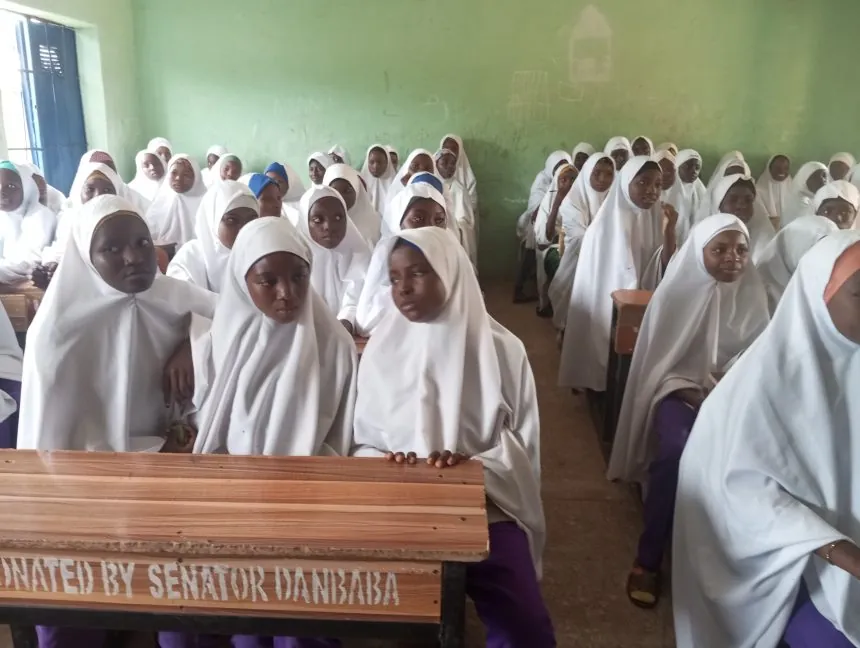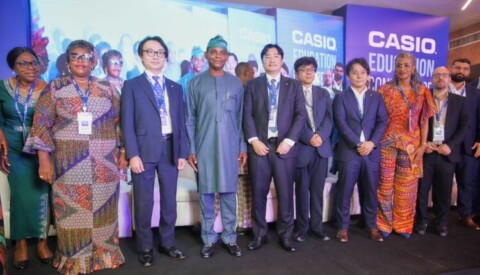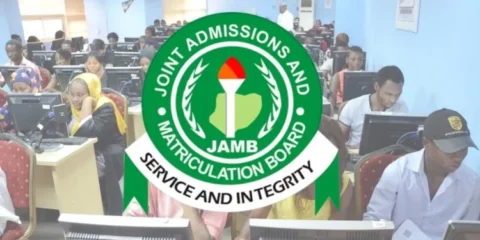A strategic collaboration between UNICEF and the Sokoto State Government has positively impacted the lives of thousands of adolescent girls through the two-year Reaching and Empowering Adolescent Girls in North West Nigeria (REACH) programme, which recently concluded with significant results across six local government areas.
Jointly implemented by UNICEF and the State Universal Basic Education Board (SUBEB), the REACH initiative provided access to education, vocational training, and life skills for out-of-school girls and those at risk of dropping out. The programme has been praised as a successful model of government and development partner collaboration.
“REACH was not just an education initiative. It was a holistic empowerment programme grounded in community trust and government ownership,” said Ngozi Izuora Songu, UNICEF Nigeria’s Adolescent Development Specialist, during a field visit to Bodinga. She highlighted that the programme’s success was largely due to strong collaboration from policy to community levels.
SUBEB played a key role by integrating the programme into existing educational structures, deploying teachers, mobilising communities, and providing policy-level support to advance girls’ education.
In the participating LGAs, including Bodinga, traditional leaders, religious figures, women’s groups, and youth organisations joined forces with UNICEF and state officials to enrol girls, establish learning centres, and promote lasting social change.
“We were skeptical at first,” said Murjanatu Ibrahim, a parent in Bodinga. “But now we’ve seen our girls learn tailoring and baking, grow in confidence, and contribute to our household.”
Several success stories emerged from the programme. Fifteen-year-old Zinatu Kabir Ahmed, who had previously dropped out of school, returned to formal education while supporting her family through baking. Asmau Bala, a 22-year-old mother, regained her literacy and gained practical skills to sustain herself. “I didn’t just go back to school, I found myself again,” she said.
The initiative also benefited girls still in school by boosting their confidence and leadership abilities. Fourteen-year-old Saudat Babangida, one such beneficiary, now dreams of becoming a soldier. “This programme gave me a voice,” she said. “Now, I know I can make a difference.”
Although the REACH programme has ended, its legacy is expected to continue through the systems it helped establish—trained mentors, supportive communities, and strengthened educational frameworks. Many local communities have pledged to maintain efforts toward girls’ education and empowerment.
Officials believe the successful partnership model between UNICEF and the Sokoto State Government could be replicated in other regions to combat systemic barriers to girls’ education.
As adolescent girls across Sokoto continue to transition from the margins to active contributors in their communities, REACH stands as a testament to the power of locally led, globally supported initiatives.





